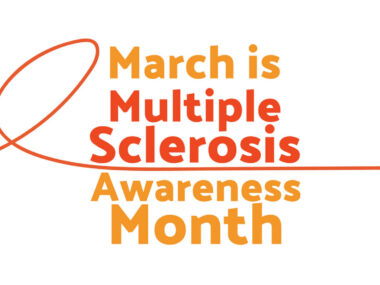Rare Brain Infection Death Spurs FDA To Update Warning Label for MS Drug
Written by |

The US Food and Drug Administration has just issued a report warning the general public and healthcare providers dealing with multiple sclerosis that one of the leading medications for the disease, Tecfidera (dimethyl fumarate), has been identified a possible factor in the death of an MS patient, who developed progressive multifocal leukoencephalopathy (PML) — a rare but serious brain infection caused by the John Cunningham virus in immunocompromised patients. The patient was not reported to be taking any other medications that may affect immune function. The US FDA is now requiring Biogen Idec to include this PML-related death on the drug’s label.
While Tecfidera has had a largely positive safety record, there have been some instances of death associated with the drug, such as a European patient who had been taking Tecfidera for 4 years since participating in a clinical trial who died of pneumonia. A similar case happened last year when an MS patient taking Tecfidera for 5 weeks experienced gastric upset, stopped the medication, and died also of pneumonia. At the time, the case was not ruled to be connected to the drug, but the case has sparked renewed scrutiny. In 2005, Biogen was forced to pull another MS drug called Tysabri off the market not long after its launch, because of several reports of patients who had developed PML. The drug returned to the market a year later with a risk-management program and prescribing restrictions.
While these reports highlight the relatively high risks associated with taking MS drugs, many patients are willing to take these risks in exchange for better management of this debilitating disease’s symptoms. The FDA cautions healthcare professionals prescribing Tecfidera to:
- Tell patients taking Tecfidera to contact you if they develop any symptoms that may be suggestive of progressive multifocal leukoencephalopathy (PML). Symptoms of PML are diverse, progress over days to weeks, and include the following: progressive weakness on one side of the body or clumsiness of limbs; disturbance of vision; and changes in thinking, memory and orientation, leading to confusion and personality changes. The progression of deficits can lead to severe disability or death.
- Stop Tecfidera immediately at the first sign or symptom suggestive of PML and perform an appropriate diagnostic evaluation.
- Monitor lymphocyte counts in Tecfidera-treated patients according to approved labeling.
All healthcare professionals and patients are encouraged to watch out for any untoward effects of their medications and submit a report to the FDA’s MedWatch Safety Information and Adverse Event Reporting Program through www.fda.gov/MedWatch/report.htm.
[adrotate group=”4″]


